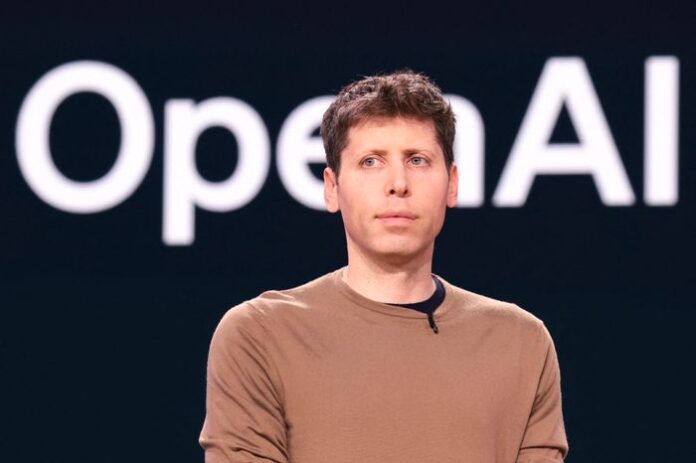OpenAI, the leading name in artificial intelligence, is rumored to be on the verge of unveiling a groundbreaking search engine, tentatively named SearchGPT. This potential announcement has generated significant buzz in the tech community, with many speculating that it could reshape the landscape of online search.
A New Approach to Search
Unlike traditional search engines like Google that provide a list of links in response to a query, SearchGPT is designed to directly generate answers. This generative search engine will draw upon a vast array of online information, presenting users with synthesized responses complete with citations from reliable sources. This approach aims to offer a more intuitive and user-friendly experience, allowing users to access the information they need without sifting through numerous links.
OpenAI CEO Sam Altman has previously hinted at the potential for a new kind of search engine. He emphasized that the goal isn’t just to create a better version of Google, but to fundamentally change how people find and interact with information online. Altman envisions a tool that helps users not just find information but understand and act on it, possibly integrating visuals and curated content to enhance the explanations (Windows Central).
Competing in a Crowded Field
The search engine market is highly competitive, with Google dominating the space and Microsoft’s Bing also leveraging OpenAI’s GPT technology to provide enhanced search capabilities. Bing, for example, uses GPT-4 to generate search summaries and improve the relevance of its results (Windows Central). However, SearchGPT aims to differentiate itself by offering a more conversational and interactive search experience, similar to the interface of ChatGPT but with real-time data and comprehensive answers.
Another competitor in this space is Perplexity, which also integrates GPT technology and offers a chat-based interface for search queries. Perplexity’s mission is to provide concise, accurate answers backed by a curated set of sources, making searching feel like interacting with a knowledgeable assistant (Windows Central) (Valahia.News).
Implications for the SEO Industry
The introduction of SearchGPT could have significant implications for the SEO industry. Traditional search engine optimization practices are tailored to improving a website’s ranking on search engines like Google. However, with SearchGPT’s generative approach, there may be a shift towards optimizing content for AI-driven engines. This new practice, referred to as Generative Engine Optimization (GEO), could involve creating content that AI models can easily interpret and use to generate accurate answers (Valahia.News).
The Road Ahead
While OpenAI has not officially confirmed the launch of SearchGPT, the anticipation is palpable. The tech giant has been tight-lipped about the details, but leaks and social media chatter suggest that the project is well underway. The creation of a subdomain, search.chatgpt.com, which briefly redirected to the official ChatGPT site, has fueled speculation about the imminent release (Valahia.News).
If successful, SearchGPT could set a new standard for AI-driven search, offering a more integrated and efficient way to access information. Its potential to provide comprehensive, real-time answers and its impact on the SEO landscape make SearchGPT a development worth watching closely.
In conclusion, the rumored launch of SearchGPT represents a significant leap in AI technology and its application in search engines. By directly generating answers and providing a more interactive search experience, SearchGPT has the potential to disrupt the current market and change how we find and interact with information online.

